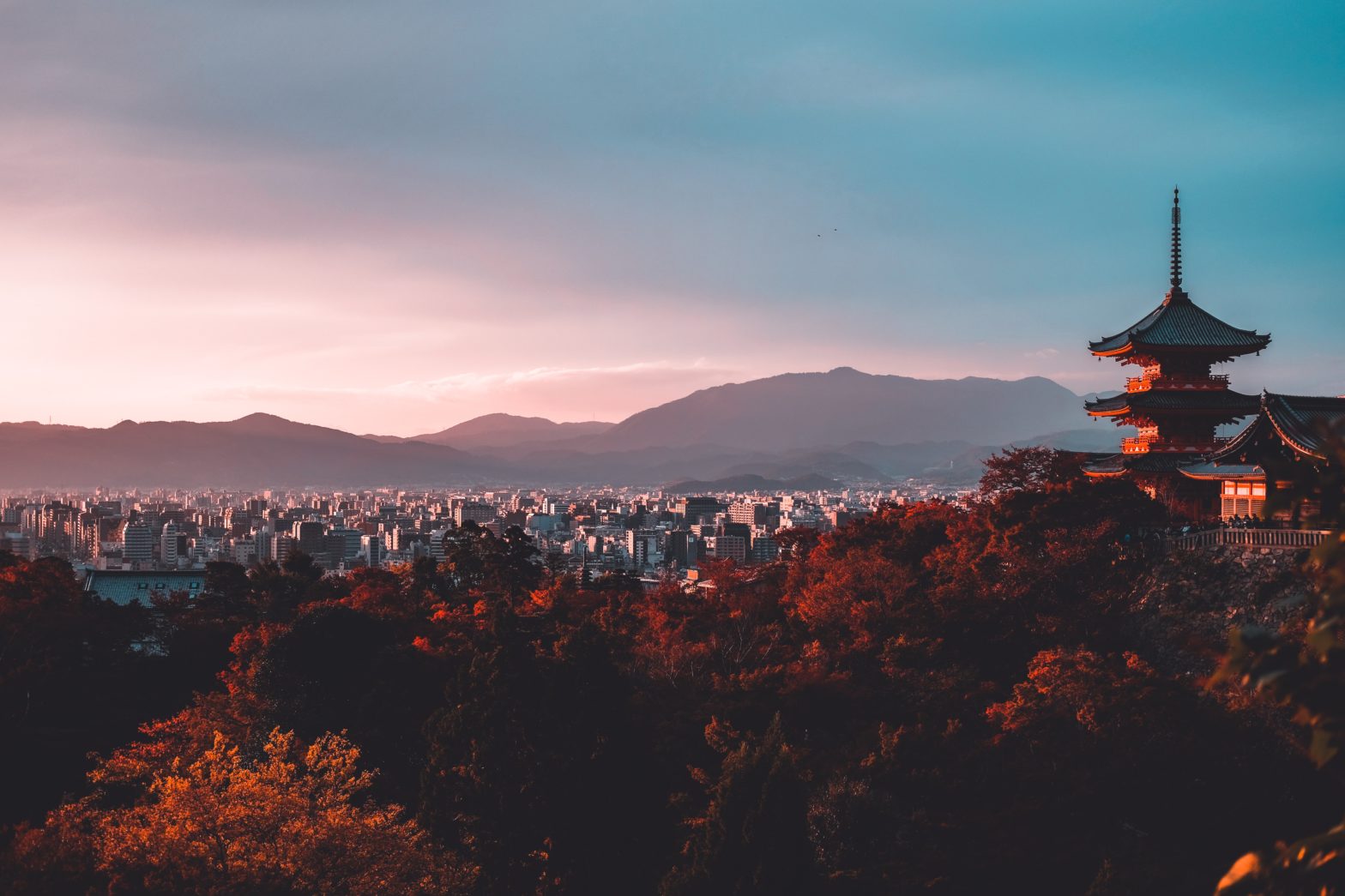Recently, media company Jubilee posed the question, “How are Black people regarded in Japan?” Seven participants dove headfirst into the topic of assimilation versus holding fast to one’s own culture. It was part of Jubilee’s insightful SPECTRUM series.
The video’s description says, “SPECTRUM is taking over the world and exploring the Black experience one continent at a time. In this first episode of our three-part special, we visit Japan. Natives and expats gather on our SPECTRUM stage to candidly discuss sexuality, dating, dealing with police, fitting into the community and how difficult it is to get your hair done. Their conversation offers an intimate look at life in a country with a completely different culture from the West, but one that shares similar pressures.”
As with all SPECTRUM episodes, the participants were given a prompt by an unseen interviewer. Afterward, they walked to the line representing their answer and later explained why they chose it.
The answers were: strongly disagree, disagree, somewhat disagree, somewhat agree, agree, and strongly agree.
In a nation as homogeneous as Japan, how do Black people find their way?
Japan Isn't Very Ethnically Diverse
Jubilee acknowledged Japan’s vast contributions to popular culture, art (especially anime and manga), and the culinary world.
But did you know that it closed its borders to outsiders for a time? The reasons were cultural and religious, and to some extent, the consequences of that choice are still felt.
According to The Economic Times, “At the start of the 1600s, Japan’s rulers feared that Christianity – which had recently been introduced to the southern parts of the country by European missionaries – would spread.”
“In response, they effectively sealed the islands off from the outside world in 1603, with Japanese people not allowed to leave and very few foreigners allowed in. This became known as Japan’s Edo period, and the borders remained closed for almost three centuries until 1868.”
“98.5% of the population is Japanese,” Jubilee explained. “Of the remaining 1.5%, only 0.02% are Black.”
There Was A Range Of Black People Included
At the Zojoji Temple in Tokyo, Black people born in Japan and Black expats congregated.
Aisha was born on Japanese soil, while Raimu hailed from Nigeria and moved when she was very young.
Chipa has lived in Japan for 13 years and is of Japanese and Zambian heritage.
Saiyon was born in The Bahamas to a Japanese mother, and moved to Japan as a child. He struggled with his grades, but soon found his footing, and works as a model part-time.
The others were American expats Jasmine, Arthell, and Steven.
How Was The Issue Of Racism Tackled?
The general consensus was that racism in Japan isn’t as blatant as it is in the U.S.
Jasmine said, “I think our Blackness hasn’t really interfered much, or gotten in the way of opportunities. But it’s really difficult explaining this to my family. They get angry, saying, ‘racism does exist!’ and try to fight me on it.”
Arthell, who has called Japan home for much of his life, said it was easier for him to forget about race. But his twin brother, who is based in Los Angeles, doesn’t really have that option.
“I’ve been here for almost sixteen years,” he said. “So I’ve been removed from the Black experience in America. Initially, I never thought about it. Now, I really have to put forth an effort to stay connected.”
He later added, “We’re not experiencing the same vitriol, and color doesn’t really matter.”
Arthell noted that not all Black people have the privilege of leaving their state, let alone their country, which limits their worldview.
“We have to have empathy [for them],” he said.
One prompt asked participants about skin-lightening products. Thankfully, most said they hadn’t felt much pressure to use them. But Raimu and Aisha spoke of being bullied for their complexion as kids.
“I asked my mom why she married a Black person,” Raimu said in Japanese. “Why was I born with this skin color? But now I respect myself and love my skin color.”
On a sad note, Raimu said that during a trip to Nigeria, she saw many people bleaching their skin. They had the erroneous idea that the lighter one is, the more desirable they are.
Steven got to the heart of the matter.
“We need to be honest here,” he said. “Most of the Japanese people at first are scared of us.” He added that the fear starts from early on, when parents pull their child away in a Black person’s presence.
Steven, who is gay, has been able to make a name for himself as a dance teacher and entertainer. These tend to be more liberal spaces, where the weight of being LGBT+ and of color isn’t quite so heavy.
“Many Japanese people don’t have a good image of Africa,” Chipa observed. “Before, I used to get really emotional. Now, I feel this sense of responsibility to break down ethno-stereotypes. I wish Japanese people would be more curious to find out the good side of Africa.”
What About Hair Maintenance?
The experience here was mixed. Some said it took them ages to find a hair professional who understood the unique needs of ethnic hair.
In answer to the prompt “It is difficult to get my hair done,” Arthell moved to the strongly agree, line.
“When you first come here, you don’t even know where to go,” he said. “I went to this one Japanese shop, and I sat in a chair for eight hours straight. [The stylist] was Japanese and only did eight cornrows. They were so big and frizzy!”
Jasmine, who had locs, was in the somewhat disagree column. She explained that she did her hair herself, and used some Japanese products. Other than a bit of build-up, they worked well for her.
Saiyon chose strongly disagree. Once he told his Japanese barber what he wanted, he looked up videos on YouTube to better understand. Saiyon won’t go anywhere else for his hair care needs.
As a child, Aisha’s curly hair texture was a subject of mockery. But she rose above it to become a successful singer and was signed by Sony when she was 16.
Her hope is to “Bring Japanese and Black culture together and make it cool.”
Would Any Of The Participants Live Somewhere Else?
Raimu wanted to create more opportunities in the entertainment industry for Black people in Japan.
“So for that reason,” she said, “I feel I need to stay here.”
Aisha would be open to living in the U.S., if only temporarily.
“I want to know what it’s like to walk down the street and not have everybody stare at me!”
Related: ‘I Live & Work Like I’m Always On Vacation Here In Japan’





